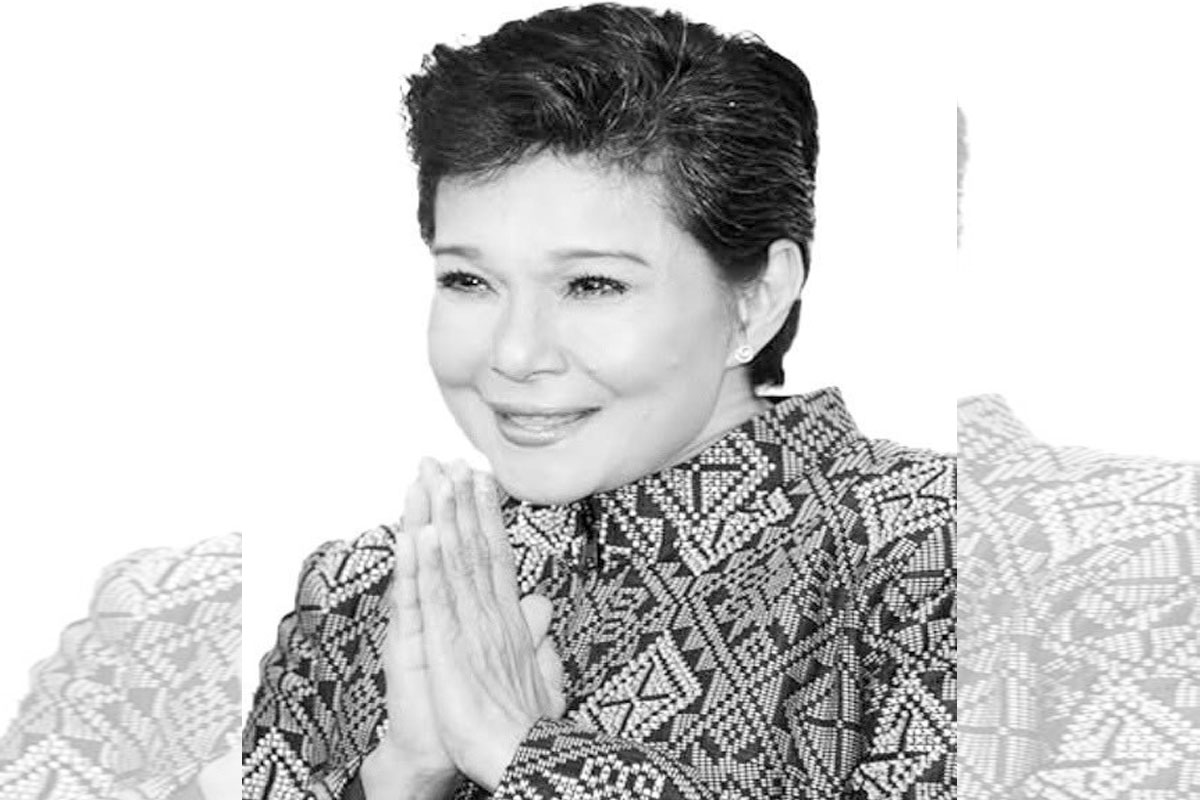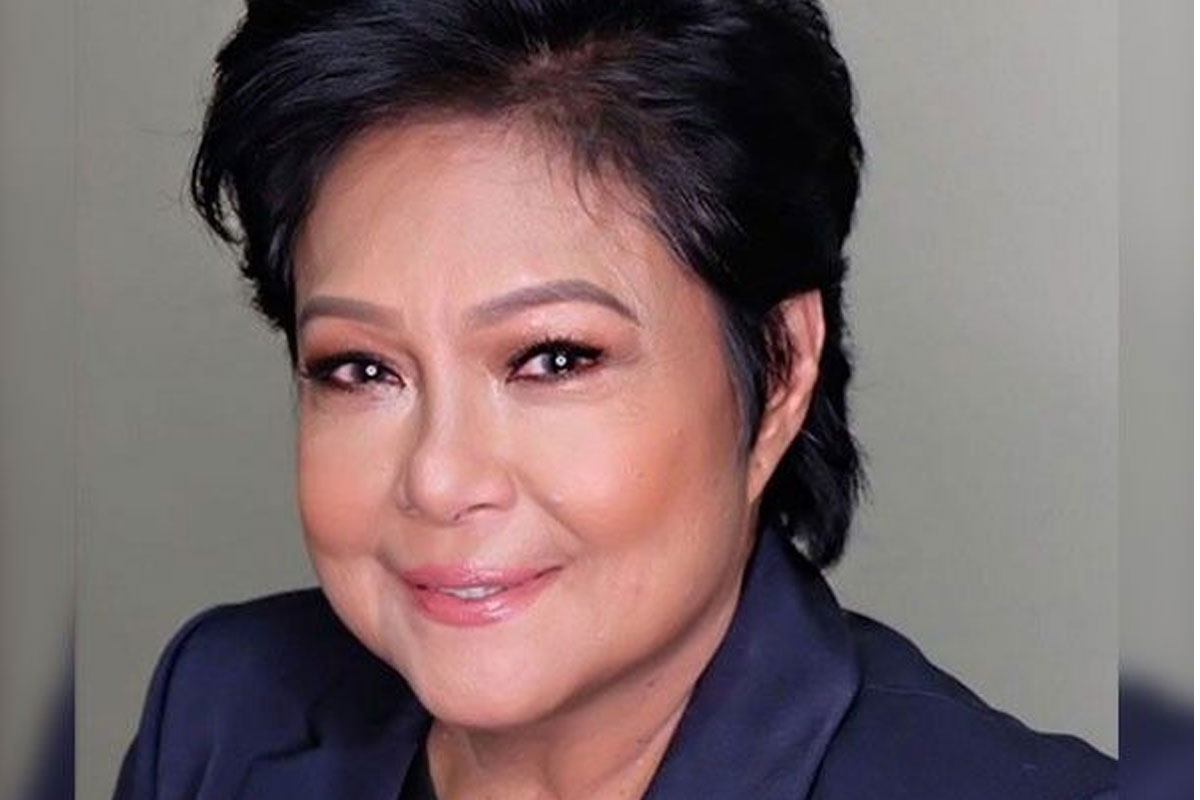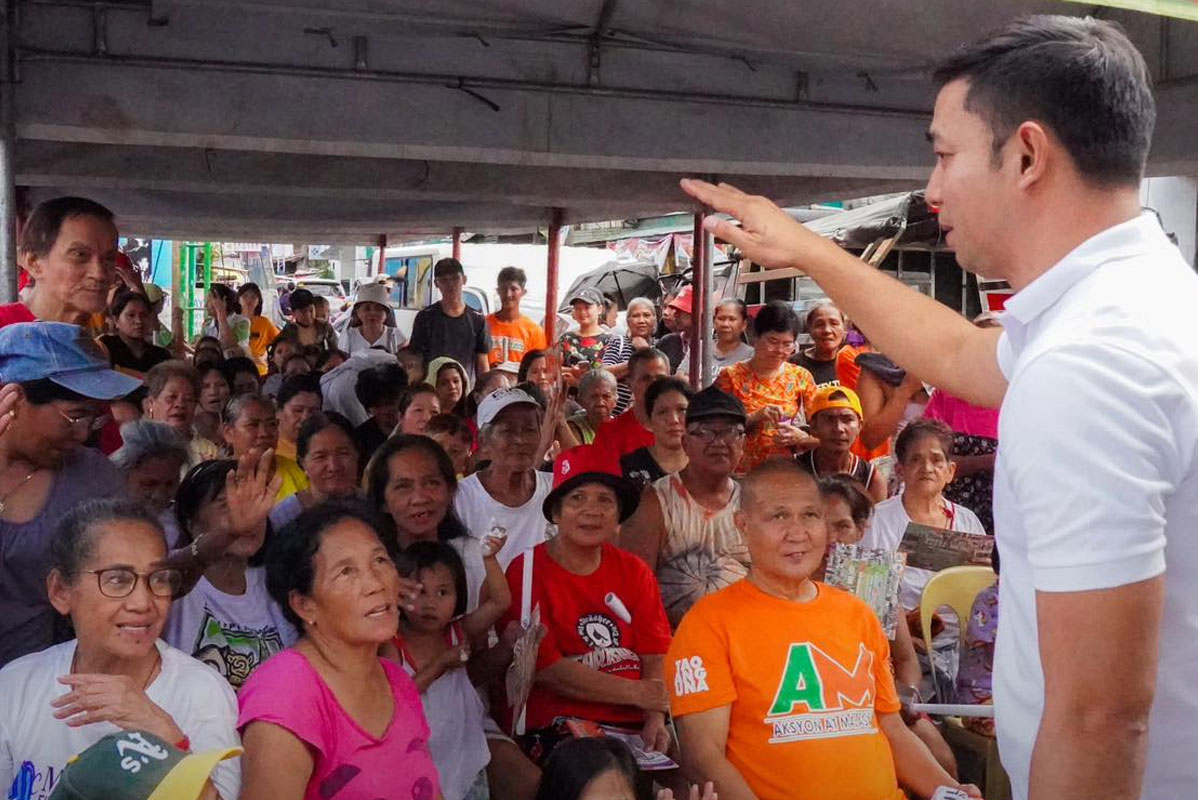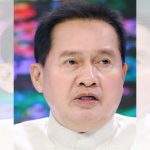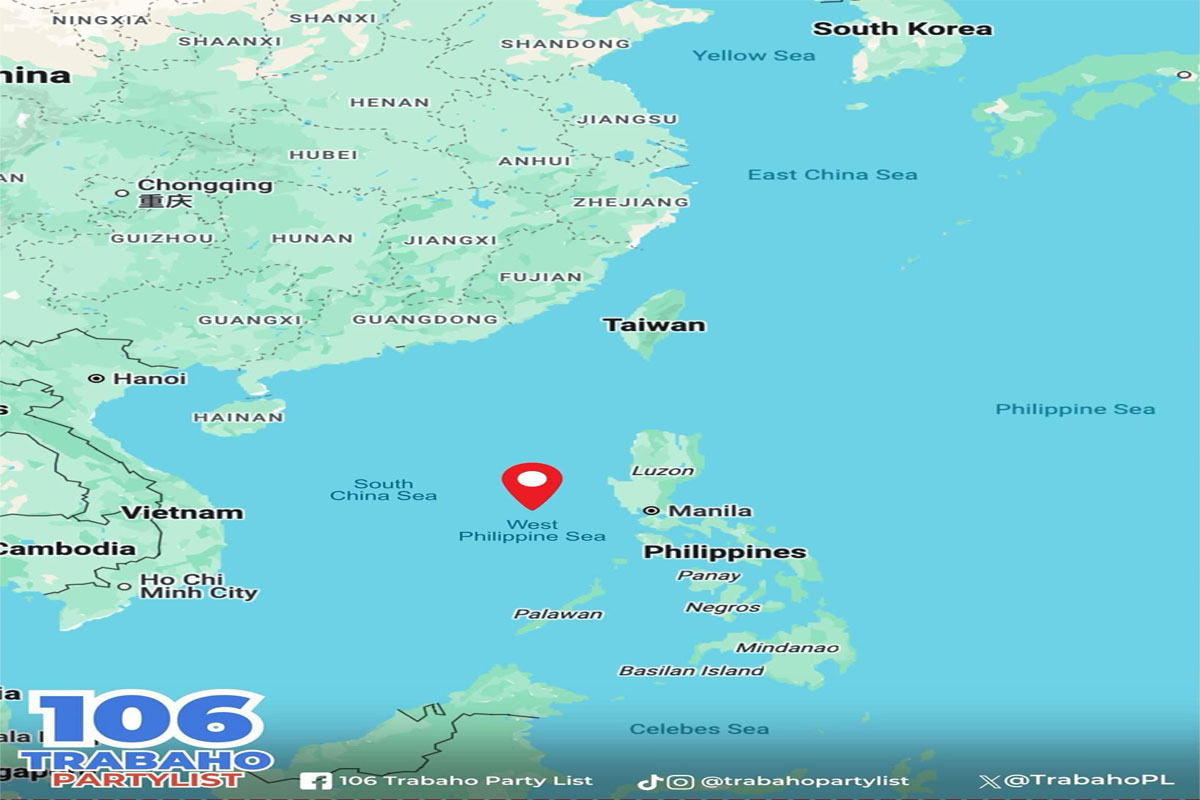
Swift action on economic Charter amendments urged
HOUSE Assistant Majority Leader and Nueva Ecija 1st District Rep. Mikaela Angela B. Suansing on Monday sounded the alarm on the urgent need to amend the restrictive economic provisions of the 1987 Constitution, citing concerns about the country’s ability to seize economic opportunities amid a rapidly changing global landscape.
During a press conference, Suansing outlined three key reasons for constitutional economic reforms, with the first being the necessity to enhance the flexibility and adaptability of the Philippine economy to generate more jobs for Filipinos.
“First of these drivers is the need to make our economy more agile to better capitalize on economic opportunities and adapt to the dynamic global landscape, in order to ensure higher employment generation and job opportunities for Filipinos,” Suansing, an economist, said.
“To this end, we need to amend the Constitution to allow for greater flexibility,” Suansing said, as she proposed inserting the phrase “unless otherwise provided by law” in the economic provisions of the 37-year-old Charter.
By doing so, Suansing said, “We expand the scope of policymaking tools of our national economic managers to ensure that our economic policy framework continually keeps up with the evolving global economic landscape and keep the Philippine economy at par with global competition.”
Suansing lamented that foreign direct investment (FDI) rules in the Philippines are seen as the third most restrictive globally, according to the FDI Regulatory Restrictiveness Index.
She noted that this perception has affected FDI inflows, making the country less competitive in the ASEAN region.
Backing her argument with data, Suansing cited information from the World Bank and the United Nations Conference on Trade and Development.
Based on the data, the Philippines stands at sixth place in the ASEAN region for FDI inflows, capturing only 3 percent of the total FDI inflows in the region, trailing behind countries like Singapore, Thailand, Malaysia, Indonesia, and Vietnam.
She also highlighted the opportunity costs associated with the restrictions on foreign ownership.
“Moreover, the restrictions on foreign ownership codified in our Constitution may be a deterrent in our participation in highly beneficial trade agreements, thus translating to huge opportunity costs,” she said.
Suansing illustrated a potential loss of market opportunities by citing the 60-40 rule on foreign ownership of investment.
She pointed out that this rule was reportedly the reason why the Philippines’ attempt to join the Trans-Pacific Partnership (TPP) was rejected by TPP member countries in 2014.
“Our country would have greatly benefited from the TPP as it would have made us a more attractive trading partner with preferential tariff rates, and our failure to join resulted in losing out on a large potential market and risking the loss of our existing market,” she said.
Suansing emphasized the importance of initiating debates on the economic provisions of the Constitution now to send a clear signal to global economic players and boost our country’s competitiveness.
“It sends a clear signal to the global economic players that the Philippines has a brand-new mindset that we are now a progressive economy that wants to engage with foreign investors and ready to play a more prominent role in the global economy,” Suansing said.
Suansing nevertheless made it clear that amending the economic provisions should not overshadow critical initiatives to enhance the ease of doing business.
“It is important to emphasize, however, that amending the economic provisions of our Constitution should not preclude critical initiatives towards enhancing the ease of doing business, such as building critical infrastructure, reducing the cost of power, and improving procedural efficiency,” Suansing said.
Suansing highlighted the second key driver, which is the necessity for capital infusion into sectors currently lacking sufficient funding, explaining that adding the phrase “unless otherwise provided by law” in the economic provisions grants policymakers flexibility to attract capital into these areas.
“This is especially timely as the discussions by the President and the Philippine delegation during trade missions are aimed at bringing investments into the Philippines in salient industries such as energy, manufacturing and other capital-intensive sectors,” she pointed out.
Suansing identified the third key driver as the imperative to expedite knowledge transfer and capacity building for a globally competitive workforce.
She suggested that inserting the phrase “unless otherwise provided by law” in Paragraph 2, Section 4 of Article XIV could facilitate the beneficial entry of internationally trained academics into the Philippines.
“This would enhance capacity building among students, which would hopefully translate to better employability in high-paying jobs. Moreover, it will facilitate knowledge transfer to key industries such as agriculture, manufacturing and services,” Suansing said.
“Ultimately, the goal is for us to realize our full economic potential, and for all Filipinos to be in a position to achieve the same,” she concluded.


